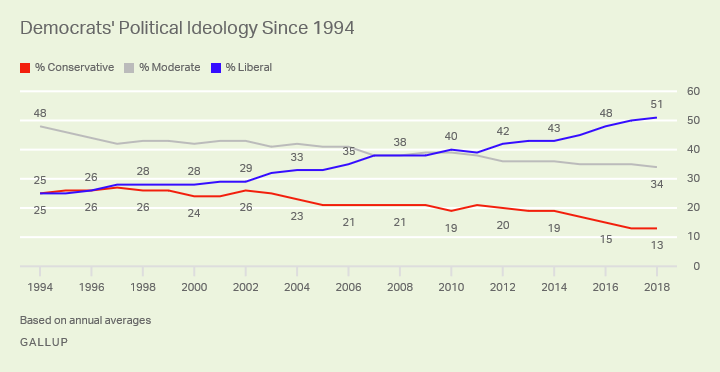Our latest book is titled Divided We Stand: The 2020 Elections and American Politics. Among other things, it discusses foreign influence and Trump's attack on democracy. Russia helped Trump through 2020. As Russia began its latest invasion of Ukraine, Trump lavished praise on Russian dictator Vladimir Putin.
Former president Donald Trump mused Saturday to the GOP’s top donors that the United States should label its F-22 planes with the Chinese flag and “bomb the s--t out of Russia.” He also praised North Korean leader Kim Jong Un as “seriously tough,” claimed he was harder on Vladimir Putin than any other president, reiterated his false claims that he won the 2020 election, urged his party to be “tougher” on supposed election fraud, disparaged a range of prominent party opponents and called global warming “a great hoax” that could actually bring a welcome development: more waterfront property.
“And then we say, China did it, we didn’t do it, China did it, and then they start fighting with each other and we sit back and watch,” he said of labeling U.S. military planes with Chinese flags and bombing Russia, which was met with laughter from the crowd of donors, according to a recording of the speech obtained by The Washington Post.
...
Trump made an ominous call for the party to be more loyal in backing up his claims about fraud.
"The vote counter is often more important than the candidate,” he told the crowd, saying he had learned that from radio show host Mark Levin. “ … We have to get a lot tougher and smarter at the polls.”
...
He also viciously mocked Republicans who didn’t back him in his crusade to hold power after he lost the 2020 election. “Stupid, corrupt Mitch McConnell,” he said of the Senate minority leader, before labeling former vice president Mike Pence a “conveyor belt — like corn” for opening and counting the electoral college votes as the Constitution requires.
Former Vice President Mike Pence on Friday condemned Republican “apologists” who have used positive language to describe Russian President Vladimir Putin amid his invasion of Ukraine, according to a source who was in the room as Pence spoke to top GOP donors.
“There is no room in this party for apologists for Putin. There is only room for champions of freedom,” Pence said. The line received applause from donors who were gathered for a Republican National Committee retreat in New Orleans, the source said. The event was closed to the press.
Pence’s speech came just days after former President Donald Trump described Putin as “genius” and “savvy” for launching a full-scale invasion in Ukraine, where civilian casualties continue to pile up despite global condemnation of the Russian leader’s actions.

